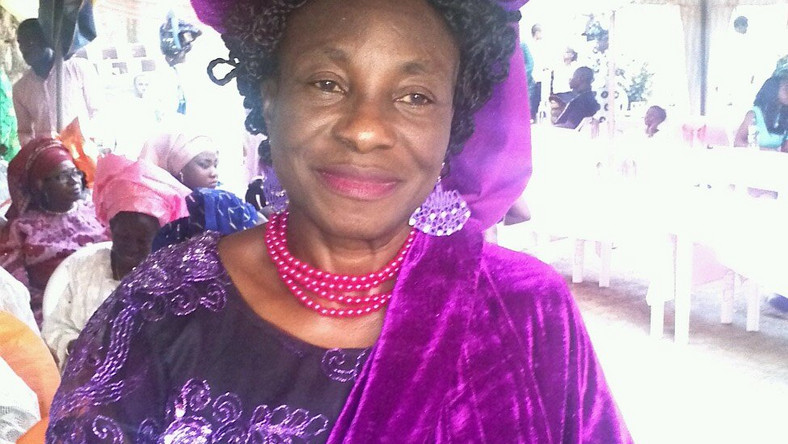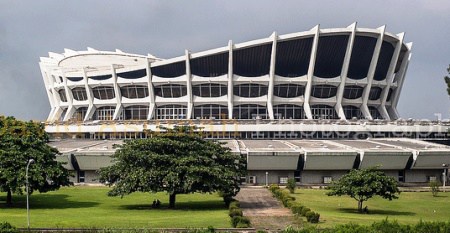A thespian, Pelumi Lawal popularly known as “Pelumi Baba’’, on Friday said that the Federal Government should hand-over the running of the National Theatre in Lagos to the organized private sector (OPS).
He said that through that, it would quickly yield returns on investment, arguing that civil servants had no business in the running of the outfit.
“For the National Theatre to boom, be vibrant in Nigeria, it should not be run by civil servants. It should be handed over to a private company.’’
Lawal, a poet, an actor and a rapper, told the News Agency of Nigeria (NAN) in Lagos that the theatre would open for business when civil servants were closing for the day’s work.
According to him, this is why the National Theatre is degenerating into what it is today.
` It is in the night that people patronize the theatre to recreate.
“All over the world, the theatre business is done majorly at night,’’ he said.
Lawal said that those saddled with running its affairs should be ready to run shifts, adding this was not part of the orientations of most civil servants.
“An event that will run till midnight or beyond, will the civil servants be willing to stay long to handle such things, so civil servants have to change their orientation if they want run the National Theatre.
“They must also be taking proper care of their workers’ welfare such as paying their overtime as and when due aside their normal salaries as part of their motivations,’’ he said.
He said that there must be constant supply of electricity with generators serving as back–up when there would be power outage.
Lawal, however, said that theatres all over the world were not charging artistes before they would perform.
“They don’t tell you to come and pay N1millon for a Cinema Hall; they programme you for the shows.
“Artistes that are programmed to perform are settled based on percentage of gate takings, and ticket sales or for theatre sake to entertain people.
“But in Nigeria, they will want you to pay for diesels, pay for hall, pay artistes, pay for the use of the air-conditioners,’’ he said.
Lawal advised the government to see the success of theatre as based on a collaborative effort mean to provide entertainment for the people.
“The funding of theatres is jointly done by government and private bodies across the world so that can continue to serve the citizens by entertaining them and providing job for artistes and others,’’ he said.
He also said that government was expected to enact policies that would guide and regulate the activities of the theatre.
“Different organizations and banks can join efforts to produce a play that can run for months in the theatre,’’ he said.
NAN reports that Lawal received his initial training from Ajabgela, a theatre company with the Association of Nigerian Arts Practitioners (ANTP).
He also received further training from the Goethe Institute; French Cultural Centre and the British Council through workshops and seminars organised for artistes.

